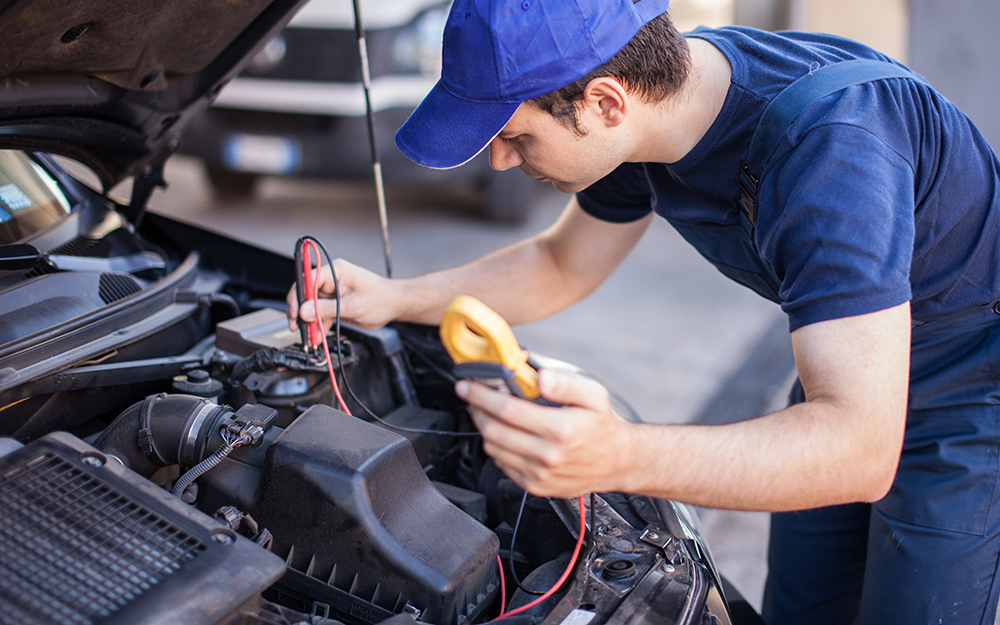Introduction
Diesel fuel, a crucial fuel source for various industries, can accumulate impurities over time, affecting its performance and efficiency. Cleaning diesel fuel effectively is essential to prevent engine damage, improve fuel economy, and ensure optimal operation. This guide will provide a comprehensive overview of the most effective methods for cleaning diesel fuel, ensuring that your engines run smoothly and efficiently.

Image: cleanfluids.com
Diesel fuel contamination can occur due to various factors, such as exposure to moisture, air, or particles during storage or transportation. Water, one of the primary contaminants, can cause corrosion and microbial growth in the fuel system, ultimately leading to injector problems and engine damage. Other contaminants, including dirt, dust, and metal shavings, can clog filters, impair fuel flow, and cause premature wear and tear.
Water Removal Techniques
Water is the most prevalent contaminant in diesel fuel, and its removal is crucial to maintaining fuel integrity. Here are some effective methods for water removal:
- Settling Tanks: Gravity settling tanks allow water to separate from diesel fuel over time. The heavier water settles at the bottom of the tank and can be drained off periodically.
- Centrifugation: Centrifuges use centrifugal force to separate water and fuel. As the fuel is spun at high speed, the denser water molecules are forced outward and can be removed.
- Filtration: Water-absorbing filters can effectively remove water from diesel fuel. These filters are designed to trap water molecules while allowing fuel to pass through.
Particle Filtration
Particle contaminants, such as dirt, dust, and metal shavings, can obstruct fuel flow and cause engine damage. Particle filtration is essential to remove these contaminants:
- Fuel Filters: Standard fuel filters are designed to trap particles of a certain size. Regular filter changes are crucial to prevent excessive particle accumulation.
- Micron Filters: Micron filters are more efficient than standard filters, capturing smaller particles that can pass through larger filters.
Chemical Additives for Cleaning
Chemical additives can be introduced into diesel fuel to enhance its quality and remove impurities. Some commonly used additives include:
- Demulsifiers: Demulsifiers help break down water-in-fuel emulsions, making it easier to separate water from the fuel.
- Detergents: Detergents dissolve and disperse dirt and sludge accumulated in the fuel system, improving fuel flow.
- Biocides: Biocides prevent and eliminate microbial growth, which can cause fuel system corrosion and injector problems.

Image: ckab.com
Importance of Maintaining Clean Fuel
Maintaining clean diesel fuel is paramount for several reasons:
- Engine Protection: Clean fuel prevents corrosion, injector clogging, and other fuel system issues, protecting the engine from damage.
- Fuel Economy: Clean fuel burns more efficiently, leading to improved fuel economy and reduced operating costs.
- Environmental Protection: Clean fuel combustion produces fewer emissions, reducing the vehicle’s environmental impact.
How To Clean Diesel Fuel
Conclusion
Regularly cleaning diesel fuel is essential for safeguarding engines, ensuring fuel efficiency, and mitigating environmental impact. By implementing effective water removal techniques, particle filtration methods, and utilizing appropriate chemical additives, you can maintain the integrity of your diesel fuel and guarantee the reliable operation of your vehicles and machinery. Remember to consult with industry experts or fuel suppliers for guidance on specific cleaning requirements and to ensure adherence to safety regulations.